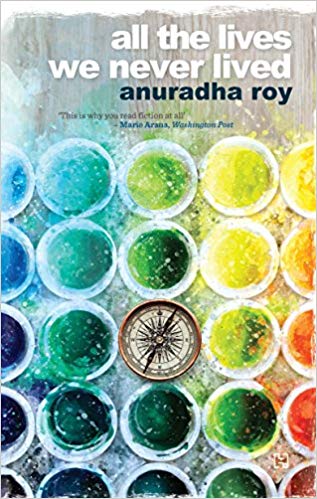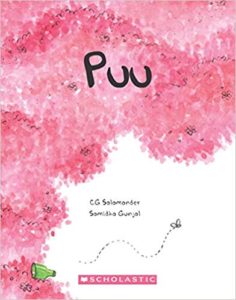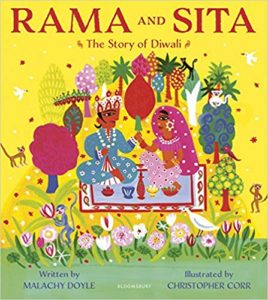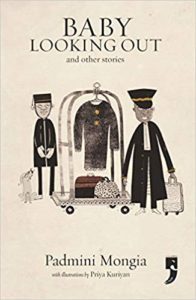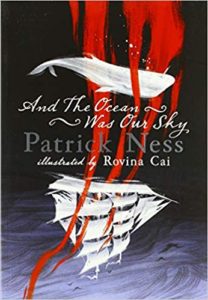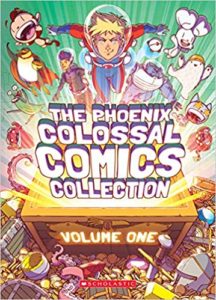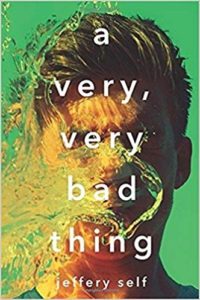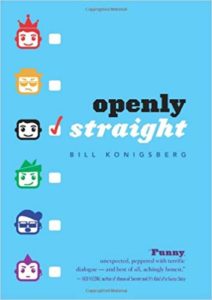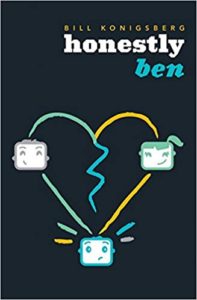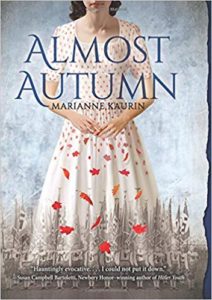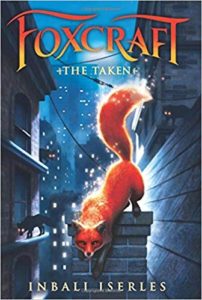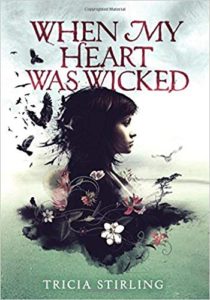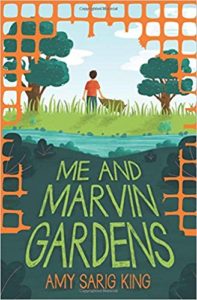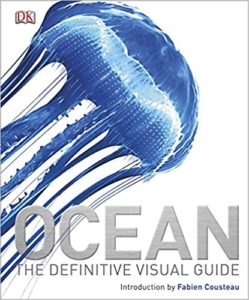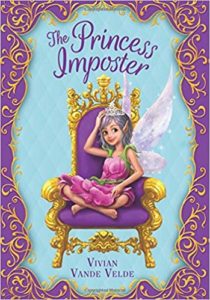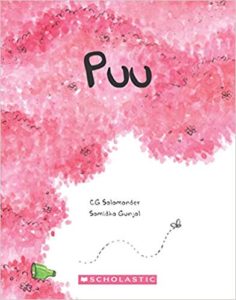 Manual scavenging and rubbish pickers are a sad reality of our world. Yet these stories are rarely heard. In India it is only recently these stories have begun to make their way into “mainstream” discourses. Of late the newspapers have been reporting of the horrific deaths young men are facing while cleaning sewers. Or
Manual scavenging and rubbish pickers are a sad reality of our world. Yet these stories are rarely heard. In India it is only recently these stories have begun to make their way into “mainstream” discourses. Of late the newspapers have been reporting of the horrific deaths young men are facing while cleaning sewers. Or 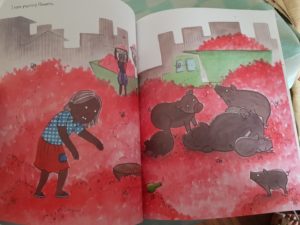 via Dalit Literature, an emerging and distinct form of literature, which mostly consists of testimonies for it is extremely difficult even now to offer an analysis on the demeaning life most Dalits lead. Most of this literature is restricted for adult readers which is a beginning but still insufficient. If the sensitivity towards such social ills and hopefully long term change in attitudes towards marginalised communities are to be wrought in society it is perhaps best to address young readers too. Decades earlier Gandhiji tried by renaming the Dalits as “Harijans” as they were at the time commonly referred to as and treated as “Untouchables”. It is exactly this space that comic journalist and fiction writer CG Salamander and illustrator and animator Samidha Gunjal’s picture book Puu hopes to fill.
via Dalit Literature, an emerging and distinct form of literature, which mostly consists of testimonies for it is extremely difficult even now to offer an analysis on the demeaning life most Dalits lead. Most of this literature is restricted for adult readers which is a beginning but still insufficient. If the sensitivity towards such social ills and hopefully long term change in attitudes towards marginalised communities are to be wrought in society it is perhaps best to address young readers too. Decades earlier Gandhiji tried by renaming the Dalits as “Harijans” as they were at the time commonly referred to as and treated as “Untouchables”. It is exactly this space that comic journalist and fiction writer CG Salamander and illustrator and animator Samidha Gunjal’s picture book Puu hopes to fill.
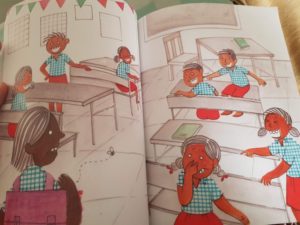 In Puu a nameless little girl who is drawn to be similar to other children of her age is shown to be scavenging for “flowers” in garbage dumps, sills and sewers. All the while she dreams of building with her hands recycling waste materials discarded. She is warm and affectionate but her only companions seem to be the pigs living in the garbage. Unfortunately her classmates do not see or are too prejudiced to see this side of her but treat her like a pariah by keeping their distance from her.
In Puu a nameless little girl who is drawn to be similar to other children of her age is shown to be scavenging for “flowers” in garbage dumps, sills and sewers. All the while she dreams of building with her hands recycling waste materials discarded. She is warm and affectionate but her only companions seem to be the pigs living in the garbage. Unfortunately her classmates do not see or are too prejudiced to see this side of her but treat her like a pariah by keeping their distance from her.
Narrated in the first person with minimal text used but laid discreetly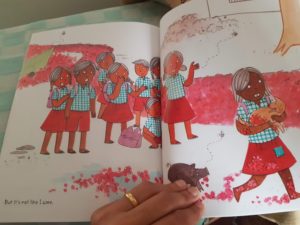 within the beautifully designed pages, with a generous profusion of rose pink, does take away from the stinging harshness of the subject. But once immersed in the magical beauty of the book the hard reality of the girl’s circumstances hit the reader. It is immaterial whether this book is used by a primary school reader or older readers, the truth will hit home and it will hit hard. Despite various attempts by civil society groups and the government to encourage inclusive practices, the truth is poverty, economic hardships and social exclusion continue to be a sad fact.
within the beautifully designed pages, with a generous profusion of rose pink, does take away from the stinging harshness of the subject. But once immersed in the magical beauty of the book the hard reality of the girl’s circumstances hit the reader. It is immaterial whether this book is used by a primary school reader or older readers, the truth will hit home and it will hit hard. Despite various attempts by civil society groups and the government to encourage inclusive practices, the truth is poverty, economic hardships and social exclusion continue to be a sad fact.
The epigraph encapsulates the authors’ sentiments well:
To all the rationality left in the world.
No one should have to clean, carry or dispose
flowers manually . . .
Not out of homes, not out of streets and not out of sewers.
Especially not children.
Read Puu. Share Puu. Buy and distribute copies of it widely.
To buy Puu ( published by Scholastic India) on Amazon India
Paperback
19 October 2018


